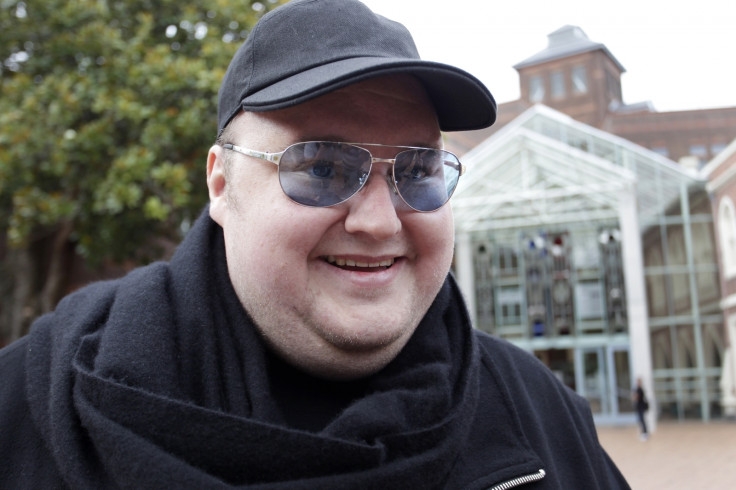Kim Dotcom: 'NZ government lied to court about spying on me through my smartphone'
A High Court ruling reveals that Kim Dotcom was spied on for two months longer than the NZ government admitted.

It has been revealed that surveillance on controversial internet entrepreneur Kim Dotcom did not end with the raid on his mansion in January 2012, but in fact unlawfully continued for at least two months after his arrest.
A New Zealand High Court judge has ruled that Dotcom is not allowed to have access to recordings of his personal communications that were illegally intercepted by the New Zealand spy agency Government Communications Security Bureau (GCSB) during its investigation into him.
The surveillance was requested by the US government as part of the Five Eyes intelligence agreement, which was investigating Dotcom for copyright infringement regarding his cloud locker website Megaupload.
However, one interesting point that has come to light is the exact time frame that the GCSB spied on Dotcom's communication, which is far longer than previously stated. The New Zealand government previously said in court that the surveillance was carried out between 16 December 2011 and 20 January 2012.
Yet in his ruling, Justice Gilbert stated that the GCSB had "has admitted unlawfully intercepting private communications of Kim and Mona Dotcom (the Dotcoms) and Bram van der Kolk during the period from 16 December 2011 to 22 March 2012".
Did the prime minister know?
After the GCSB admitted that the interception of private communications of the Dotcom family were illegal, former Prime Minister Sir John Key issued an apology to Dotcom, however it seems that the spying went on for far longer.
"When does it stop? How many times can the government lie to the courts about what they have done to my family?," Dotcom told IBTimes UK.
"They used my mobile phone as an open microphone so they were listening to everything that was happening in my life 24/7, every day for over three months.
"It's quite a disingenuous apology if this has gone on much longer than they admitted, and surely
the prime minister at the time would have been told about this. How come only now the truth comes out at a secret proceeding that my lawyers were not even allowed to attend?"
Dotcom says that he believes the New Zealand government is continuing to act unlawfully in the way it is handling his lawsuit over the illegal surveillance.
Concerns over corruption
"The Attorney General is the GCSB minister. He's also the defendant in my case against the government. After Justice Gilbert had our GCSB hearing, the Attorney General promoted the High Court judge to the Court of Appeal, before the judge came out with the recent judgement giving the Attorney General a victory," he said.
"In any other country this would be called an obvious case of corruption."
Dotcom says that the New Zealand government has already been found to have acted unlawfully while investigating him for copyright infringement by the courts seven times, yet proceedings to extradite him to the US continue without any consequences being dealt to the New Zealand government.
No matter how many times intelligence agencies get caught blatantly lying, many continue to treat their assertions as Truth. So bizarre.
— Glenn Greenwald (@ggreenwald) July 21, 2017
"Lies upon lies, one unlawful action after the other. It seems like there is one law for us, the people, and a different law for the government. Imagine you gave a false affidavit to the court in order to cover-up the real scale of your unlawful conduct — you would go to jail for that. It's a crime. But it seems to be OK if the government does it, again and again," he said.
Dotcom is considering his legal options, and he wants the New Zealand Supreme Court to take a closer look into the GCSB's actions, as it considers how next to proceed in the extradition case against him.
© Copyright IBTimes 2024. All rights reserved.






